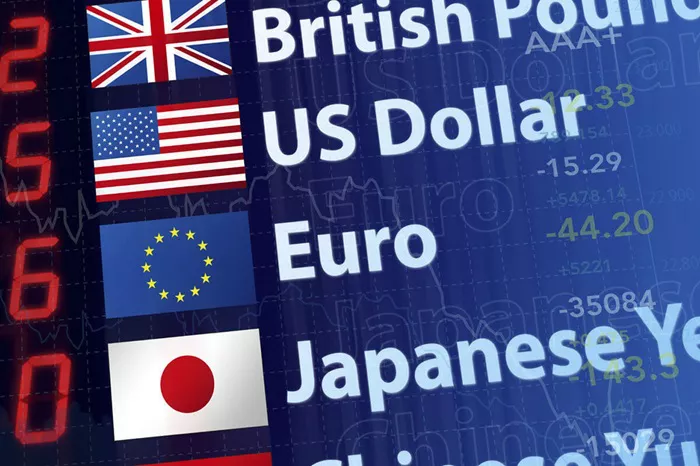French embedded insurance startup Neat has successfully secured €50 million (approximately $55 million) in its latest funding round, TechCrunch reported on September 10. This investment comprises 60% equity and 40% debt.
Neat specializes in enabling retailers and various businesses to offer embedded insurance products directly to their customers. The company facilitates this process by providing a commission on each product sold, while managing the associated risk through insurance and reinsurance partners.
Currently, Neat collaborates with around 1,500 distribution partners and presents itself as a comprehensive, white-label insurance service. Its portfolio includes over 40 different insurance products, such as extended warranties, travel insurance, event cancellations, theft and breakage coverage, buy-back options, and more.
Neat’s solutions cater to a diverse range of industries including eCommerce, retail, travel, mobility, events, hosting, banking, technology, and medical devices. The company’s offerings aim to enhance business revenue, bolster customer loyalty, and promote repeat sales.
This latest funding news follows Coverdash’s recent achievement of raising $13.5 million in Series A funding. Coverdash plans to expand its embedded insurance network, grow its internal team, and enhance its insurance carrier panel. Its technology allows partners to integrate customizable insurance solutions directly into their platforms with minimal technical overhead.
Stephanie Khoo, a partner at Nyca Capital, which led Coverdash’s Series A round, emphasized the strategic advantage of embedded insurance for service providers. She noted that such solutions help deepen client relationships while opening new revenue streams.
Additionally, in May 2023, Obie raised $26 million in Series B funding to broaden its embedded insurance offerings for real estate investors. Obie’s platform provides instant insurance quotes for real estate investors through partner platforms, streamlining the insurance acquisition process and improving market efficiency.


